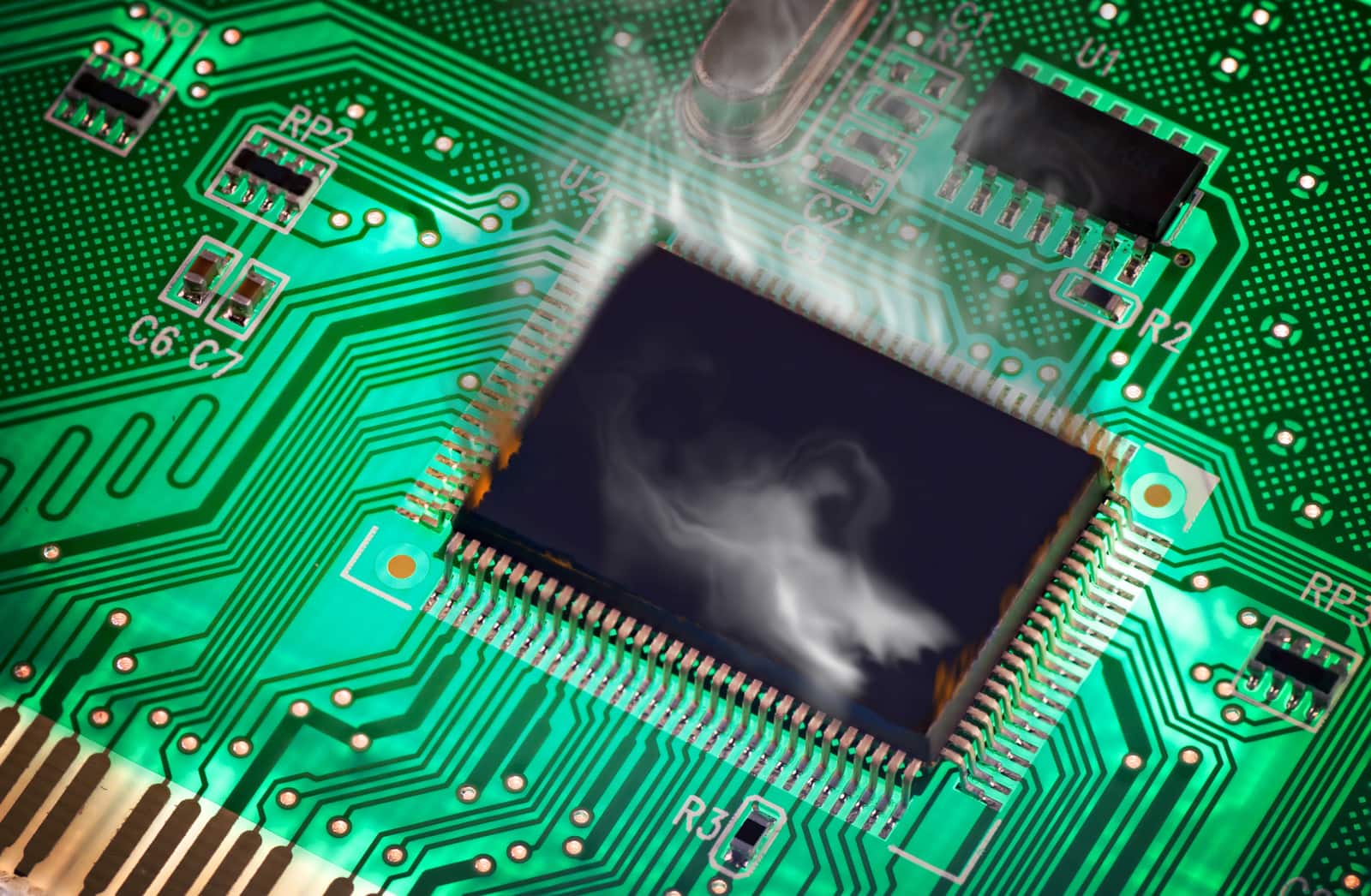
Did you know that heat can slow down your gaming PC? And the worst part is it can cause your PC to automatically shut down, resulting in data loss and hardware damage. This is why it is crucial to observe the temperature of your gaming PC, especially if you spend several hours playing continuously. Here are eight tips on how you can prevent your gaming PC from overheating:
Tip 1 – Inspect your PC fans.
You will surely experience overheating issues with your gaming PC without proper ventilation, so check if the fans are functioning. When you turn your PC on, you should be able to hear the sound of the fans. If you can’t hear a sound, there’s a chance that your PC fans are not working.
Once you confirm this, call your PC manufacturer to ask for troubleshooting. Buying and investing in a good PC fan is best if nothing else works.
Tip 2 – Don’t block the air vents.
Your PC’s chassis vents could be obstructed if placed on soft or uneven surfaces. Your computer will warm up quickly, which could eventually cause it to overheat and shut down. Always set your computer on a solid surface like a wooden table to prevent this to avoid obstruction of the unit’s ventilation area.
Tip 3 – Regularly clean your PC.
The most common and often overlooked cause of overheating is a dirty PC. Dust and dirt can accumulate in the corners of your hardware units and air vents. And as stated above, if air vents are obstructed, it will cause an issue with the airflow and result in overheating.
Follow these steps to clean your PC unit:
- Turn off your PC, and let it cool down.
- Unplug the unit when it has cooled down.
- Open the case and check the parts where the dust accumulated. Use a can of compressed air to clean those areas.
- Use cotton buds to clean places that are difficult to reach and cannot be cleaned with a compressed air can. Simply exercise caution whenever removing dust.
Tip 4 – Don’t overclock the CPU or GPU if not necessary.
Don’t overclock the CPU or GPU if you don’t need to speed up your unit. When overclocked, these hardware parts produce more heat because they work harder to process data and provide you with the required speed.
If your PC shuts down multiple times a day, it’s best to downclock to the actual CPU/GPU speed if it won’t affect your workload. There’s no sense in having a speed boost if overclocking your unit is causing problems. Upgrade the CPU or GPU if you want your unit to run faster.
Tip 5 – Regularly change the thermal paste of your CPU.
You can use a thermal paste to stop the unit from getting too hot. The thermal paste is a conductive material that you can apply between the central processor, GPU, and heatsinks. Silicone and zinc oxide are the main ingredients in most commercially available thermal pastes. On the other hand, ceramic or silver can be found in expensive thermal pastes.
This thermal paste cools down the CPU/GPU components to prevent them from overheating. Remember that the paste needs to be changed regularly. The cooling system’s efficiency will be compromised as the thermal paste ages.
Tip 6 – Adjust fan speed.
Increasing the fan’s speed is another option for preventing your computer from overheating. Presets or programs can control the speed of your PC’s fan. Some programs like SpeedFan, HWiNFO, and SSD Fan Control allow users to set the fan speed automatically based on the unit’s current temperature.
You can also use an external fan controller if your PC does not permit these programs to control fan speed. You can manually control the fan speed without software by connecting the controller to your computer.
Tip 7 – Find a suitable place for your PC.
Placing your gaming PC in a cool, well-ventilated area is another way to prevent overheating. A gaming PC unit should always be placed in a room with air conditioning because of this. It aids in maintaining your unit’s temperature. We recommend upgrading your fan to one with a faster speed if that is not possible. CPU fans are available that are made for gaming and heavy use.
Tip 8 – Check the programs and games you’re installing.
Overheating can occur if your gaming computer is under too much stress or is running programs beyond its capabilities. Don’t use your gaming PC to play complicated games that don’t work with your current hardware. If the game lags or slows down, your hardware isn’t up to the task.
Keep in mind that you should only run and install games that are compatible with your PC. Check the system requirements for each game you want to play before getting it.